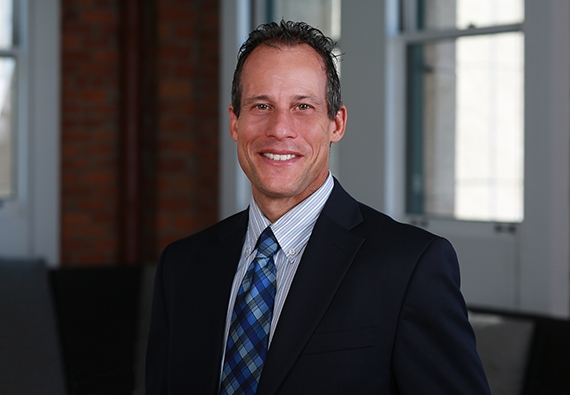Bankruptcy Provisions in COVID Relief Legislation Impacting PPP Loans, Commercial Leases and Preference Claims
With the COVID-19 pandemic stretching on into another year, businesses continue to experience adverse effects. Bankruptcy filings, especially among retailers, were higher than average in 2020, and it is likely that more companies large and small will continue to file for bankruptcy protection in the coming months.
Just before the New Year, Congress passed and the President signed into law a $900 billion pandemic relief bill, the Consolidated Appropriations Act. The Act includes several amendments to the United States Bankruptcy Code, 11 U.SC. § 101 et seq. (“Code”), many of which bear consideration for companies that file for bankruptcy protection and their creditors, particularly commercial real estate landlords whose tenants file for bankruptcy.
Among other things, the Act authorized a third round of loans under the Paycheck Protection Program (“PPP”) and amended the Code to make certain corporate debtors eligible to receive such loans.[1] Previously, the Small Business Administration—which administers PPP loans—had taken the position that corporate debtors were ineligible, and bankruptcy courts had reached inconsistent results in resolving challenges to the SBA’s determination. The new amendment provides that “small business debtors” (having aggregate, non-contingent, liquidated debts of no more than $7.5 million) are eligible for PPP loans. However, as a precondition for such loans, the SBA administrator must submit a letter to the Office of the United States Trustee (an arm of the Justice Department that oversees the administration of bankruptcy cases across the nation) agreeing to PPP loans to a debtor in bankruptcy.
The Act also clarifies the treatment of pandemic relief payments received by a debtor in bankruptcy. Although Section 541 of the Code generally provides that all of a debtor’s assets become property of their bankruptcy estate upon the commencement of a bankruptcy case, the Act excepts federal COVID-19 relief payments received by the debtor from the bankruptcy estate. This will result in reducing the asset pool available to satisfy debts owed to creditors of the bankruptcy estate.
The Act also contains a number of provisions impacting commercial real estate leases. For one, the Act amends Section 365(d)(3) of the Code to extend—from 60 days to 120 days—the period for which the Court can defer the obligation of a small business debtor in a Chapter 11 bankruptcy case to pay rent on non-residential property arising after the bankruptcy case is filed. Such extension is subject to the debtor continuing to experience a COVID-19 financial hardship. The Act also permits a small business debtor to spread out payment of the deferred amounts over time under their Chapter 11 plan of reorganization.
The Act additionally amends Section 365(d)(4) of the Code to extend the period for the debtor to “assume” (ratify) or “reject” (repudiate) a non-residential real property lease. Previously, the debtor had 120 days to assume such a lease, and could receive an additional 90-day Court-approved extension, for a total of 210 days. The Act extends each of these periods by 90 days, so that the debtor now has 210 days to assume or reject such leases, which period the court can extend to a maximum of 300 days.
The Act also expands protections to certain creditors from recovery of alleged preferential transfers received shortly before a debtor’s bankruptcy filing. Section 547 of the Code generally allows a bankruptcy trustee (which includes a debtor-in-possession in a Chapter 11 case) to recover payments made to creditors in the 90 days prior to the bankruptcy filing. The Act amends Section 547 so that any payments made by a debtor after March 13, 2020 that were deferred pursuant to an agreement with a commercial landlord or supplier of goods or services may not be recovered by the trustee. However, this exception to preference recovery does not apply to the payment of any fees, penalties or interest imposed as a result of the debtor’s failure to make timely payment.
Importantly, the foregoing changes to the Bankruptcy Code are not permanent, but instead the Act provides that they will “sunset” two years from enactment of the legislation, on December 27, 2022.
[1] Prior to and after the Act, individual debtors have remained eligible to receive PPP loans.

